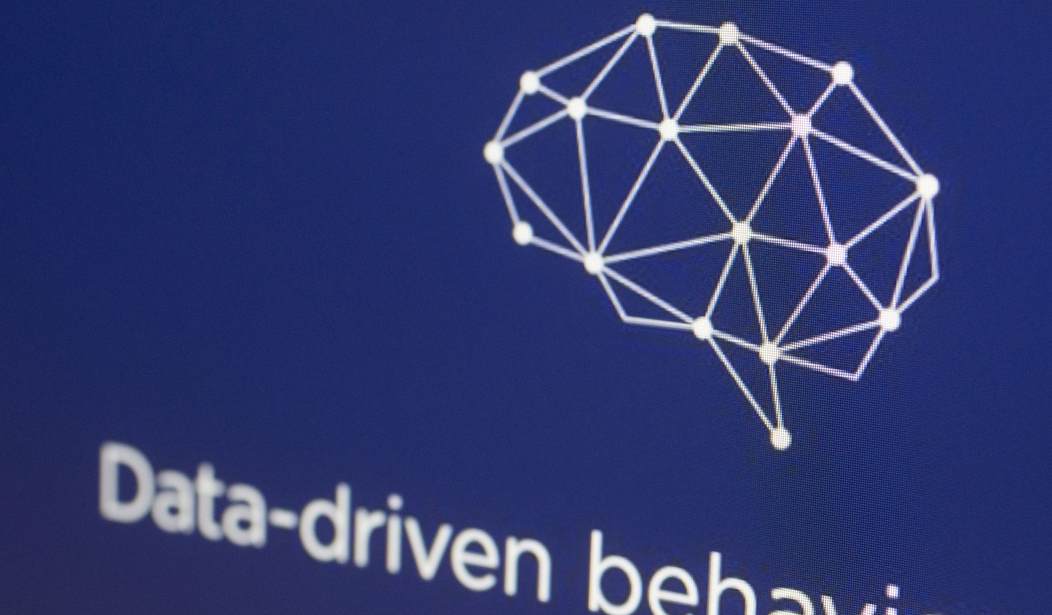You often hear --- and probably thought yourself --- that the internet has made humanity dumber. You can't log on without seeing someone saying or doing something beyond stupid, or seeing a solution to a problem someone is experiencing and wondering why they don't see the answer themselves.
Is the internet really killing our brains?
Yes... and very much no.
As with all things, the answer is multi-faceted. The internet definitely has some negative side effects that you can see clear as day. People have never been so hostile to one another for merely having an opposite opinion. Vitriol is at an all-time high. People go out of their way to do very stupid things in order to get their 15-minutes of fame, and some people get their 15 minutes for the most ridiculous reasons and use it to turn themselves into annoying celebrities.
Looking at you, Hawk Tuah girl.
One way the internet is harming our brains is that it's shortening our memories and attention spans. According to the NICM Health Research Institute at Western Sydney University, the way in which the internet grabs and keeps our attention uses notifications, noises, and pop-ups that divide our attention continuously. Moreover, thanks to information being accessible at our fingertips, our brains are no longer tasked with holding information for memorization. Dr. Joseph Firth, senior research fellow at NICM, says that this could indeed affect cognitive development:
"The key findings of this report are that high-levels of Internet use could indeed impact on many functions of the brain. For example, the limitless stream of prompts and notifications from the Internet encourages us towards constantly holding a divided attention -- which then in turn may decrease our capacity for maintaining concentration on a single task," said Dr Firth.
"Additionally, the online world now presents us with a uniquely large and constantly-accessible resource for facts and information, which is never more than a few taps and swipes away.
"Given we now have most of the world's factual information literally at our fingertips, this appears to have the potential to begin changing the ways in which we store, and even value, facts and knowledge in society, and in the brain."
The way that many social media companies set up their websites are highly identical to how Las Vegas casinos keep you roped it. Lights, sounds, and rewarding you with dopamine chemicals anytime something happens. Seeing that you have messages and notifications feels good and makes you want to engage more. This can, indeed, create an addiction that does alter your brain chemistry for the worse.
Professor Jerome Sarris, Deputy Director and Director of Research at NICM Health Research Institute, warns that your brain is being assaulted with stimuli:
"The bombardment of stimuli via the Internet, and the resultant divided attention commonly experienced, presents a range of concerns," said Professor Sarris.
"I believe that this, along with the increasing #Instagramification of society, has the ability to alter both the structure and functioning of the brain, while potentially also altering our social fabric.
This sure sounds like it's making us dumb, but understand that this coincides with how you use the internet, which is, admittedly, quite a few poeple right now. If you allow your addiction to seize you, and you let the dopamine hits drive your every decision, then yes. It can affect your IQ in the same way over-indulging in anything can affect you negatively.
But we are changing. That change isn't a dumbing down of our brains, but a change in how we perceive information. In fact, according to research, we're becoming smarter. As communication theorist and CEO coach Nick Morgan wrote in Forbes, our brains aren't becoming less capable of process information, we're radically altering how information is processed:
But all of this handwringing is missing the real point. It’s not that we’re becoming dumber, it’s rather that the object of our focus has changed. In one way, we’re actually getting smarter – much, much smarter.
Here’s what’s going on. Society – work, entertainment, and the arts – have been shifting from print to visual at a rapidly accelerating rate over the past half-century years. In the past decade, with the rise of broadband and the Internet, the shift has moved into high gear.
We’re only just beginning to learn how to create, present, and absorb information in visual terms. We’re like the first producers and readers of books as they became mass-producible with the advent of the printing press. Eventually, the press led to all sorts of novel ways to present printed information, and even art forms such as the novel.
It's important to understand that the width and breadth of humanity, we've never run into this kind of interconnectivity and information access before. Our species is not used to the thing we've created yet, and as you read this, the human race is altering itself to take advantage of this revolutionary and radical tool that has given us a faster-than-light avenue to information and people.
We are engaging in something our brains haven't quite wrapped themselves around yet. For eons, humans gathered information in small chunks. News spread slowly. Our communities were tight-knit, and word of mouth was often the way we exchanged information. Events happened slowly, and events that happened outside your area might not have reached you at all.
Now, that has all changed. News is constant. Once an event happens, another one takes its place. Changes are so rapid that you hardly have time to process it. We look stupid because right now we're like a monkey that came across a working car. We figured out how to turn it on and make it go, but we're not used to moving at this speed. We haven't quite figured out how to apply the brakes properly, and our steering is erratic. We're still figuring this thing out, but while we do, we're going to get into some fender benders and run into the ditch sometimes.
It will likely take us generations before we finally figure this thing out and learn how to live alongside it without so many negative effects. Until then, you're participating in what could be considered one of the greatest mass-scale experiments ever created. My generation, and every subsequent generation, will learn from mistakes until we finally get to a point where our species has become capable of wielding the internet with skill and wisdom.
Until then, you're going to see a lot of vitriol, lies, anger, information, communication, good speech, bad speech, lolcows, influencers, scams, viral videos, misinformation, disinformation, communities thrive, communities die, innovations, deconstructions, and all of it as such a rapid pace that you'll wonder if the world is spinning out of control.
It's not. It's just the world. You're just not used to processing it this way.














